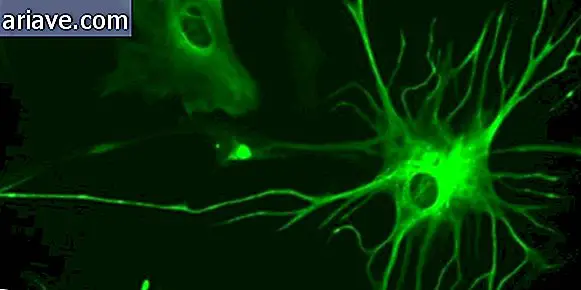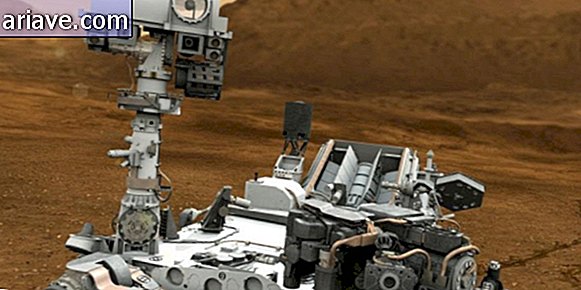Artificial embryo is created without the need for egg or sperm
You should remember from biology classes that in order for an embryo to be produced, there must be an egg and a sperm - or at least the egg. However, researchers at Cambridge University in England have found a way to create embryos without the need for eggs or sperm to be part of the process.
According to Science Daily staff, scientists have developed an artificial mouse embryo from stem cells. More precisely, the team used embryonic stem cells, structures derived from embryos that can be converted into any tissue in the body, and trophoblasts - a class of cells involved in pregnancy that are part of the placenta.
Innovative process
To create the embryos, the researchers cultured the two cell types separately and then combined them into a three-dimensional structure. According to scientists, the two classes of cells began to interact, organize and develop together just four days later, forming embryos anatomically similar to conventional mouse embryos.
The researchers explained that the embryos they created are unlikely to form healthy fetuses, as they would need to employ a third type of cell to form the structure that provides the embryo with nutrients and allows blood cells to develop. In addition, the system has not been optimized for the placenta to develop properly.

Moreover, scientists do not know whether the same process can be used to create artificial human embryos. This is because, according to the researchers, forming human embryos with the same method would have more complications. As they explained, human embryos are shaped like flat disks, while those of mice look more like “cups, ” and the three-dimensional matrix used is designed for this type of embryo.
However, don't think the whole search was in vain! Scientists explained that the early stages of human embryo development are still a mystery, as they occur on a microscopic scale and cannot be observed with the use of ultrasound equipment. Not to mention the scarcity of eggs for research - which are currently obtained from fertilization clinics, which yield surplus eggs.
Thus, according to the researchers, the system will allow them to unravel the mysteries and learn more about the early stages of embryonic development, and help circumvent the lack of embryos for research.











